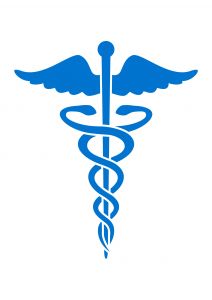Yates v. Ortho-McNeil-Janssen Pharma., Inc, a case from the United States Court of Appeals for the Sixth Circuit, involves a plaintiff who began going to her OB/GYN when she was 17 years old in 2004. She first went to the doctor because she was sexually active and was experiencing menstrual cramps.
 Her doctor spoke with her about her choices for contraceptives and discussed the risks associated with each of the options. One of the choices for birth control was ORTHO EVRA and another was Depo-Provera. The doctor testified that she customarily warned all patients about the risks of taking birth control before writing a prescription. Continue reading
Her doctor spoke with her about her choices for contraceptives and discussed the risks associated with each of the options. One of the choices for birth control was ORTHO EVRA and another was Depo-Provera. The doctor testified that she customarily warned all patients about the risks of taking birth control before writing a prescription. Continue reading
 Product Liability Lawyer Blog
Product Liability Lawyer Blog









